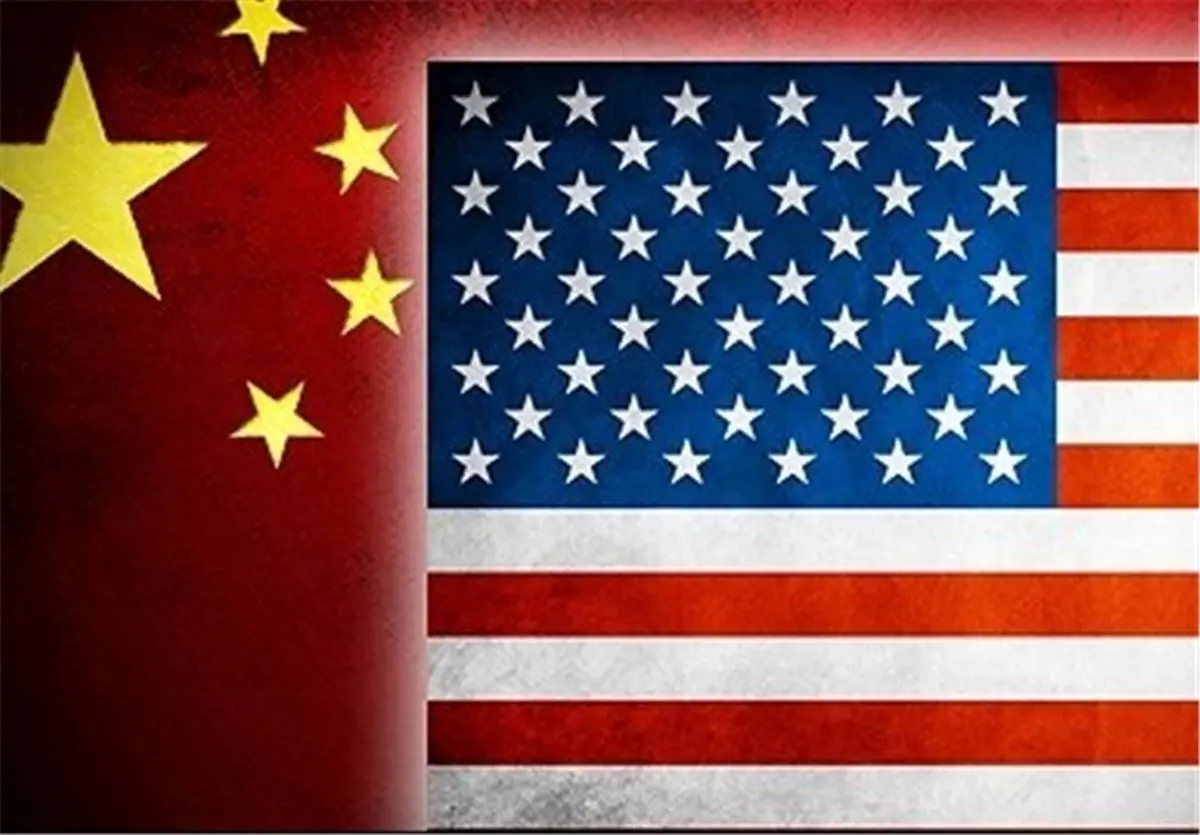US Not Ready for Military Confrontation with China: Wall Street Journal

The United States in its current state will not be able to win in case of a military confrontation with China, the Wall Street Journal said on Sunday, quoting estimates from the Washington-based Center for Strategic and International Studies.
According to the center’s experts, the situation around Ukraine has revealed a number of problems with the US military-industrial complex, in particular, its sluggishness and difficulty in increasing production, which is why in a potential regional conflict the US military would soon find itself without much-needed arms.
"In nearly two dozen iterations of a Center for Strategic and International Studies war game that examined a US-China war in the Taiwan Strait, the US expended all its joint air-to-surface standoff missiles and long-range precision-guided anti-ship missiles within the first week of the conflict," the article pointed out, TASS reported.
The newspaper stressed that part of the problem was a reluctance of US defense companies to sign long-term contracts for the production of ammunition with the Pentagon due to financial risks. In addition, there are problems with the supply chain and obtaining various materials and components, particularly rare-earth metals, which China has a monopoly over, as well as aluminum, titanium, and microelectronics.
The authors of the article emphasized that the deployment of missile systems such as the Patriot air and missile-defense system or the Tomahawk air-launched cruise missile could take years. "Time is a major constraint. It can take roughly two years to produce some types of missiles and systems. These lead times are generally to deliver the first missiles—not the last ones," the article noted.
Taiwan has been governed by its own administration since 1949 when the remnants of the Kuomintang forces led by Chiang Kai-shek (1887-1975) fled there after their defeat in the Chinese Civil War. Since then, Taipei has retained the flag and some other attributes of the former Republic of China which existed on the mainland before the Communists came to power. Official Beijing considers Taiwan a province of the People’s Republic of China, and this position is backed by numerous countries, including Russia.
The US severed diplomatic relations with Taiwan in 1979 and established relations with China. While recognizing the ‘one-China’ policy, Washington at the same time continues to maintain contact with the Taipei administration and supplies the island with arms. Tensions in the Taiwan Strait region seriously escalated after US House Speaker Nancy Pelosi visited the island on August 2 to 3, which provoked sharp criticism from Beijing.
